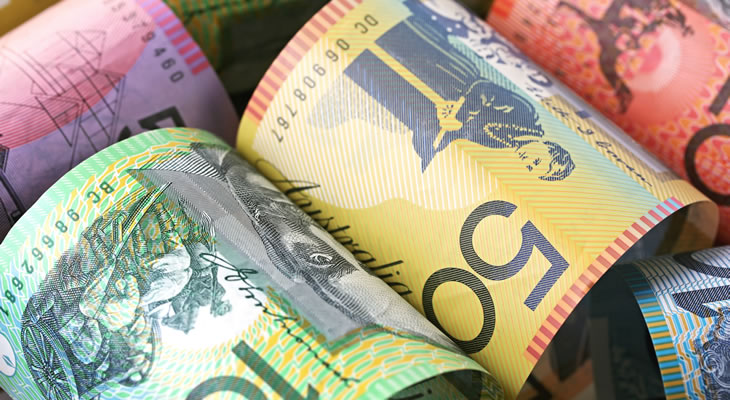The Pound fell by -0.5% against the Australian Dollar when Thursday’s trading session began, but both currencies have since traded tightly.
This slight improvement for the Pound comes as talk circulates of a second EU Referendum, supported by figures as contrasting as Nick Clegg and Nigel Farage.
The official government line is that there won’t be a second nationwide vote on Brexit, but that hasn’t stopped rampant speculation among GBP traders.
(First published 11th January, 2018)
Higher Chances of UK ‘Hard Brexit’ Risk Pound to Australian Dollar Drop
The Pound to Australian Dollar exchange rate has fallen by -0.5% today and remains vulnerable to future losses, based on Brexit deal specifics.
According to economists, the best case scenario is a ‘soft Brexit’, where the UK would retain ties to the EU after departing; this would essentially be ‘Brexit lite’.
Recent discussions have unfortunately revolved around the other end of the scale – an economically tumultuous ‘hard Brexit’.
In this situation, the UK could leave the EU with no solid trade or transitional deals, something that has panicked traders since it was first proposed.
A recent report from Cambridge Econometrics has raised fresh fears about the damage of hard Brexit; this was commissioned by Mayor of London Sadiq Khan.
The report estimates that in the worst case, the UK could see half a million jobs lost along with a reduction of billions in investment by 2030.
Mr Khan has supported the long-held opinion that no Brexit deal could be economically catastrophic, saying;
‘If the government continues to mishandle the negotiations we could be heading for a lost decade of lower growth and lower employment.
The analysis concludes that the harder the Brexit we end up with, the bigger the potential impact on jobs, growth and living standards’.
If there are any strong signs that the UK government is seriously considering a ‘hard Brexit’, the Pound could drop sharply against the Australian Dollar.
Negotiations with the EU haven’t restarted yet this year, so it is worth watching out when discussions resume to see if there is any consideration for hard Brexit.
Reduced China to Australia Trading could Cause AUD/GBP Exchange Rate Decline
The Australian Dollar may have risen by 0.4% against the Pound today, but the AUD remains at risk of dropping if news from China proves disadvantageous.
Australia’s trading partners to the north are a key economic lifeline, as demands for mining resources have long sustained Australia’s mining companies.
In 2018, however, this relationship could be disrupted by China’s efforts to improve air quality.
In the past, China has shut down steel production to stop the emission of pollutants; this in turn reduces demand for iron ore which is used in the steel making process.
If the Chinese government enacts sustained shutdowns in 2018, the AUD/GBP exchange rate could fall because of negative implications for miners and exporters.
Will AU Unemployment Stats Boost Australian Dollar to Pound Exchange Rate?
More immediately, the Australian Dollar to Pound exchange rate (AUD/GBP) could also be affected by Australian jobs data out on 18th January.
The national unemployment rate for December will be announced, along with the employment change for the same period.
Although the unemployment rate isn’t forecast to change from 5.4%, an 18k increase in employed persons has been predicted.
Speculating on the December readings, Roy Morgan Chief Executive Officer Michele Levine said;
‘The [estimated] strong jobs growth in the year to December reversed a trend of the last few months of slower jobs growth and was the largest year-over-year jobs growth since June.
However, although an improvement over recent months, jobs growth hasn’t been fast enough to keep a lid on unemployment which has also increased over the past year’.
There are worries among Australian economists that the slow pace of wage growth could limit Reserve Bank of Australia (RBA) action in the future.
If next week’s jobs stats show unexpectedly falling unemployment and more employed persons, the Australian Dollar could rise sharply against the Pound.
Less people on the jobs market means a reduced labour pool, which could in turn lead to increased wage growth and eventual RBA interest rate hikes.


Comments are closed.